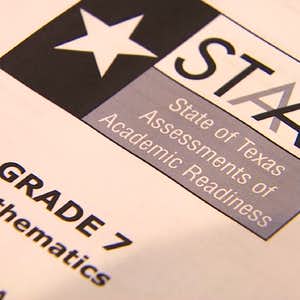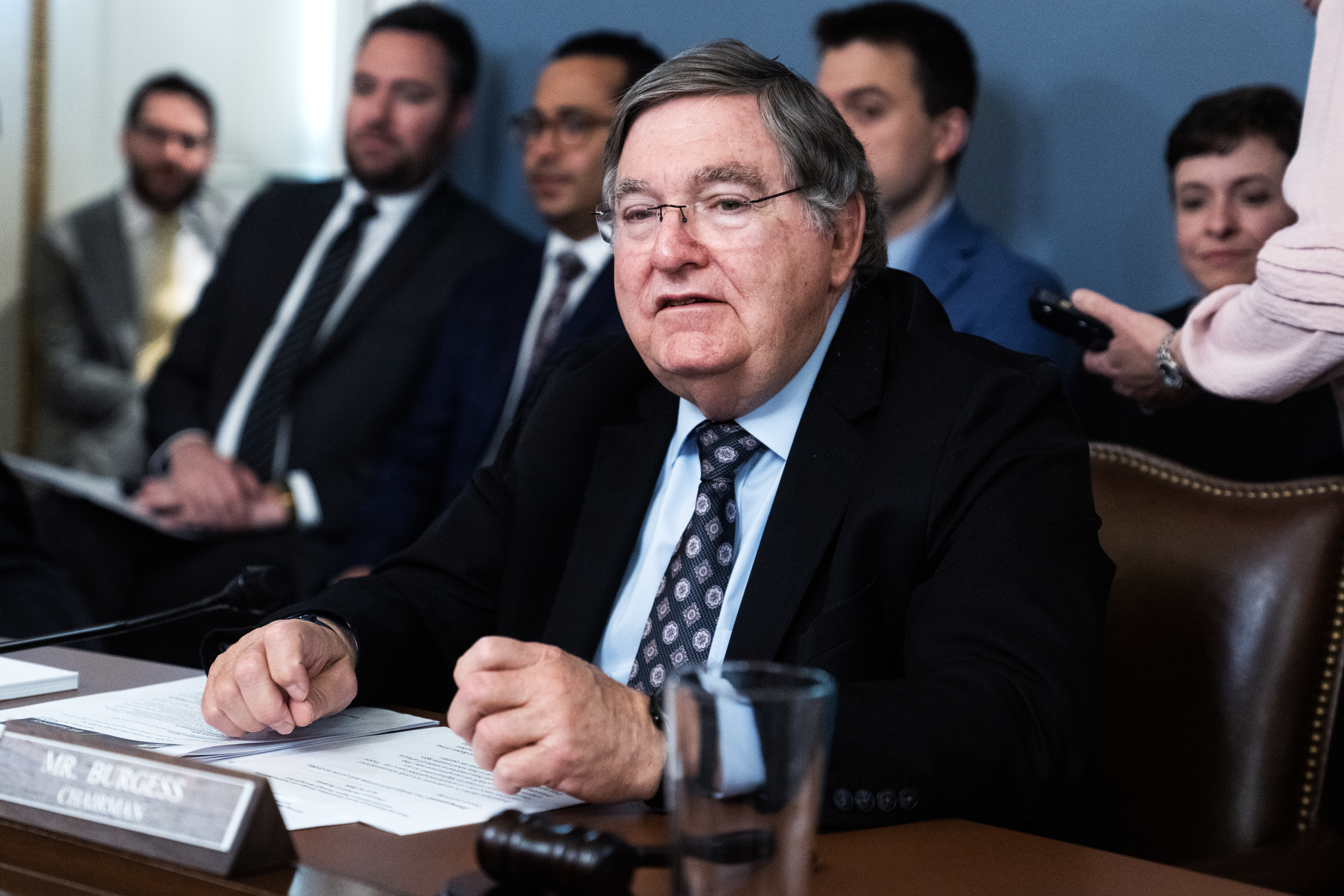Police reform was the topic of a Dallas City Hall roundtable discussion Friday with U.S. Sen. John Cornyn (R-TX).
Demonstrators across the nation have been demanding police reform in the wake of the neck restrain death of George Floyd in Minneapolis.
“I think we all know that we’re in a very dangerous tipping point in our country,” Cornyn said. “I know that our sense of urgency is great.”
Cornyn has been asked to suggest possible changes in Federal law in the US Senate, so he asked Dallas Mayor Eric Johnson to assemble police, community and church leaders for Friday’s meeting.
“We have to reach a point where we are comfortable having uncomfortable conversations,” Dallas County Sheriff Marian Brown said.
None of the speakers Johnson recruited were invited to a similar round table discussion yesterday with President Donald Trump at a North Dallas Church.
“We had people there that, really from what I saw, some of them don't even think we have a problem,” said Minister Sammie Berry of West Dallas Church of Christ. Berry was Botham Jean’s Pastor.
Local
The latest news from around North Texas.
One of the dozen speakers was Jesuorobo Enobakhare, the Chairman of the Dallas Citizens Police Oversight Board.
“For far too long, our community has been over-policed. They’ve been in abject poverty. And a lot of the members of that community commit crimes out of poverty and not crimes out of malice. If we could solve the poverty problem, the crime problem is going to solve itself,” he said.
Enobakhare said his board supports pending Dallas Police policy reforms like an end to “no-knock warrants.”
“These are common-sense reforms. No knock warrants, things of that nature, how many people have been killed by a no-knock warrant at the wrong house,” he said.
Dallas Police Chief U. Renee Hall said her department is already working on other policy changes including faster release of uniform and dashcam videos for better transparency in critical incidents and a method of identifying problem officers before excessive force incidents occur.
“We have to acknowledge that we need early warning systems in our police departments,” Hall said.
Dallas County District Attorney John Creuzot said his policy to refuse prosecution of low-level drug offenses saves taxpayers money and saves defendants from a criminal record that could ruin their lives.
“Somewhere between 80 and 90% of the people arrested for marijuana are people of color but of course our numbers in the population are nowhere near that.
Dallas Police Association Vice President Frederick Frazier said Dallas Police have strong training and if he had been at the scene of the Minneapolis incident, he would have intervened to stop it.
Hall last week posted a clear policy that requires Dallas officers to intervene when they witness excessive force by others.
Rene Martinez, the North Texas President of the League of Latin American Citizens had a request for Cornyn.
“You have to take a stronger role. In terms of the dynamic in Washington as it relates with the President’s rhetoric, that goes against everything we are talking about in this room. You’ve got to take that role. You represent us. You represent me,” Martinez said.
After hearing from all the speakers, Cornyn said the one recommendation he is prepared to make is appointing a national panel for additional discussion of police reform.
“I do think that would be useful in addition to everything else we are talking about to have this national, bipartisan commission. Look at our criminal justice system, come back to congress with concrete recommendations about what it is we can and should do,” Cornyn said.
The Dallas Oversight Board Chairman said more information to make changes already exists.
“One of the things we don't need? We don't need another task force,” Enobakhare said.
All this advice for action in Washington comes from Dallas, where local demonstrators are still not convinced problems have been solved.



